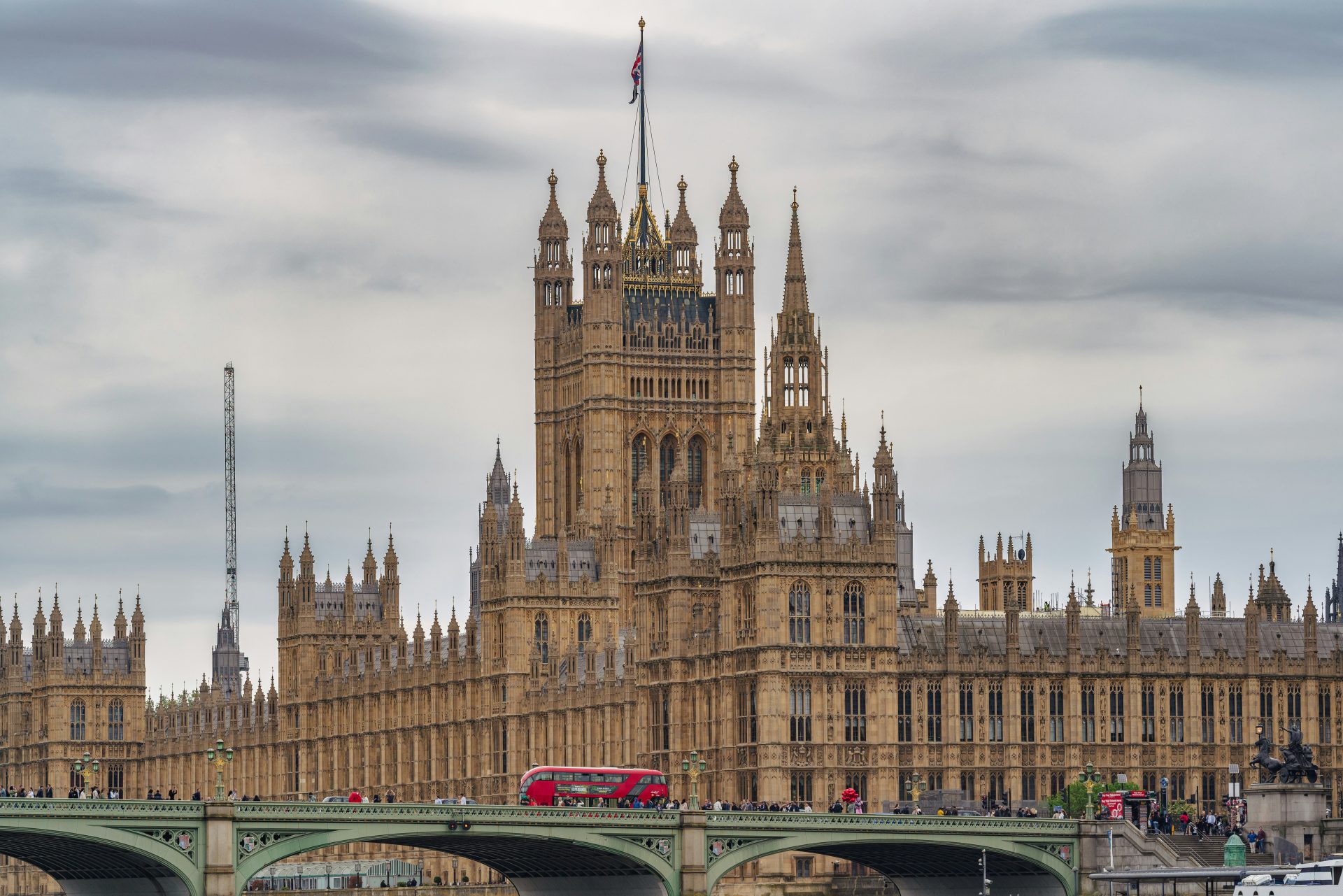
Welfare Reform Spotlight: Curbing Waste & Enhancing Value
Welfare reform has climbed the political agenda. Yet critics argue public funds are still being misused. From migrant housing to biased media, taxpayers are raising serious concerns.
Wasteful Spending on Migrant Welfare
A recent analysis shows asylum hotel bills have reached 1.3 billion pounds per year, costing around 4,300 pounds per person per month. Additional Home Office data reveals hotel accommodation for asylum seekers costs 8 million pounds per day, adding up to more than 3 billion pounds annually.
The National Audit Office warns this cost could triple, exceeding 15 billion pounds within a decade. Critics highlight that hotels house only 35 percent of asylum seekers yet absorb 76 percent of the budget. Transparency around these contracts remains limited, with private firms earning substantial profits from state-funded housing.
Migrant Benefits: NHS and Council Services
Taxpayer support does not end at housing. One study found that 1.2 million migrants received 7.5 billion pounds in Universal Credit in 2023. On average, migrants earning under 25,000 pounds impose a net cost of 3,000 pounds per person.
Further research suggests each migrant uses between 5,050 and 8,350 pounds annually on public services such as education, benefits and the NHS. Estimates for healthcare costs alone reach 570 pounds per irregular migrant annually. Low-wage migrants who arrive at age 25 are predicted to cost the UK around 151,000 pounds by pension age.
Many argue that these taxpayer funds could be redirected to strengthen vital domestic services. The NHS faces long waiting lists and staff shortages. Schools are struggling with overcrowded classrooms and underfunded resources. Local councils report growing deficits, limiting their ability to maintain roads, support vulnerable families or invest in youth services. By focusing spending on core public needs, the government could improve everyday life for British citizens—delivering visible value for every pound collected through taxation. Investments in infrastructure, community policing and mental health services are consistently named as top priorities by voters across the country.
Security and Protest Policing
Mass demonstrations place significant strain on public finances. In 2011, the March for the Alternative protest led to 138 occupations of a department store and 201 arrests. In contrast, pro-Palestinian protests since October 2023 have proved far costlier.
Between October and December 2023, the Metropolitan Police spent approximately 53 million pounds policing these demonstrations in London alone. That included over 26,000 officer shifts and more than 4,000 cancelled rest days. Police forces outside the capital added a further 6.5 million pounds to the national bill during the same period raising concerns about how protest activity is impacting the overall police budget UK authorities must manage.
By mid-2024, the total cost to the Metropolitan Police had exceeded 40 million pounds, and by early 2025, estimates placed it above 53 million. Senior police officials confirmed that more than 30,000 officer shifts were required to manage just nine pro-Palestinian and three pro-Israeli demonstrations, including over 6,000 mutual aid deployments from outside London.
The Home Affairs Committee described it as the most sustained policing challenge since the 2012 Olympic Games. Officers were diverted from frontline duties, reducing their ability to respond to serious crime, neighbourhood patrols, and drug enforcement adding further strain to the police budget UK departments already see stretched.
While peaceful protest remains a democratic right, the mounting taxpayer cost has sparked debate. Some are now calling for protest organisers to contribute toward policing bills, especially when demonstrations require weeks of sustained resources and affect local services.
Biased BBC Coverage and Media Accountability
Questions have emerged about impartiality and cost at the BBC. A media study noted that Conservative Party sources appeared almost four times more often than Labour in coverage of immigration, the EU and religion. Critics argue the broadcaster favours establishment narratives, stifling public debate on sensitive issues.
This has sparked calls for reform in how public broadcasting is funded and governed. With the BBC licence fee standing at 159 pounds per household, questions are growing about whether viewers are getting value for money—or unbiased coverage.
Toward Meaningful Welfare Reform
The government’s latest welfare reforms aim to cut 5 billion pounds from welfare and 2 billion from administration costs. Data from the House of Commons Library indicates the Home Office spent 482 million pounds on immigration enforcement in 2023 to 2024, excluding Border Force operations.
Reform advocates argue taxpayer money would be better spent on local services such as schools, GP surgeries and infrastructure. One estimate calculated that new arrivals would require an estimated 107 billion pounds in infrastructure investment, compared with just 3.6 billion pounds in annual tax contributions.
Expanding refugee processing centres abroad could reduce hotel reliance. A health surcharge on migrants has the potential to recoup 200 million pounds per year. Tighter vetting and realistic enforcement could ensure welfare supports reach those most in need without straining the system.
UK welfare spending faces mounting pressure. From asylum hotel costs and benefit claims to protest policing and state media funding, taxpayers are asking serious questions. Meaningful reform must strike a balance between compassion and financial responsibility. Greater oversight, transparent contracts and fair media representation are essential to restoring public trust.



 Bitcoin
Bitcoin  Ethereum
Ethereum  Tether
Tether  XRP
XRP  USDC
USDC  Solana
Solana  TRON
TRON  Lido Staked Ether
Lido Staked Ether  Cardano
Cardano  Avalanche
Avalanche  Toncoin
Toncoin